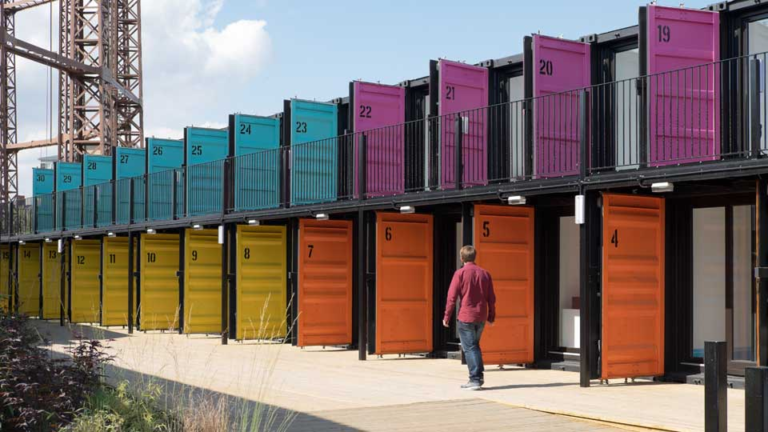How Do Doggy Daycare Services Vary by Breed, Size, and Age?
Some doggy daycare centres modify activities, settings, and care protocols based on the dogs’ breed, size, and age. These factors determine a dog’s energy levels, temperaments, and playgroup dynamics. Recognizing these differences provides each furry guest with a customised, enjoyable experience. Discover how dog daycare services differ based on these parameters:
Breed Variations
Different dog breeds have varying energy levels, temperaments, and grooming requirements. High-energy breeds like Jack Russell terriers and border collies require active lifestyles and mental stimulation. Doggy daycare centres can provide stimulating toys, agility courses, and structured play times to engage these dogs.
Labrador retrievers and other medium-energy breeds enjoy a balance between play and relaxation. Staff members can engage them in activities like hiking and fetching. Bulldogs and other low-energy animals enjoy laid-back activities. Enrichment games, strolls, or snuggle sessions can help stimulate their senses without tiring them out.
Breeds like poodles, labrador retrievers, and golden retrievers love socialising. Group play sessions and plenty of socialising possibilities foster the friendly nature of these breeds. Chow chows and other independent breeds enjoy alone time or smaller playgroups.
Daycare providers should understand the grooming requirements for different dog breeds. Breeds with long hair need more care to avoid matting and tangles during playtime. For breeds with curly coats, routine brushing keeps their fur manageable. It also helps prevent the formation of mats. Grooming reduces shedding and maintains the health of short-haired breeds’ coats.
Size Differences
A dog’s size affects its daycare experience, from playgroup dynamics to space needs and monitoring levels. Daycare centers separate dogs into playgroups based on size to promote safe and joyful interactions. Chihuahuas and other small breeds may have their own play spaces to minimize accidents from rough play with larger dogs.
Larger dogs like German shepherds, Great Danes, and labrador retrievers can safely play together. They can exert themselves more vigorously without tiring out their smaller comrades. Larger dogs also need plenty of room to walk around and engage in activities. Smaller dogs feel more comfortable in small, cozy settings.
In a mixed-size setting, larger breeds may be intimidating to smaller breeds. When a dog feels threatened, they could become more aggressive, barking and snarling. These behaviors are more manageable in a setting with dogs of similar size.
Age Considerations
Daycare centers must modify their programs to accommodate the changing needs of dogs as they develop. Puppies require early socialization and healthy interactions with other dogs. Puppy daycare can include socialization lessons for developing confidence and social skills.
Supervised group plays help stimulate the puppies’ bodies and minds. Puppy-safe toys and basic training activities during play sessions aid in the puppies’ development. Puppy daycare services should include frequent naps to avoid overstimulation.
Adolescent dogs get the most out of organized games and active play to exhaust their energy reserves. During this phase, continue socializing and reinforce the fundamental training directives previously acquired. Adult daycare programs balance group play with individualized attention based on each dog’s interests, emphasizing frequent exercise and mental stimulation.
Elderly dogs may have health problems associated with aging. They need particular consideration and accommodation for their mobility problems and low energy. Senior dogs need to remain mentally and physically stimulated without tiring them out. Daycare facilities can offer activities such as light walks, cognitive games, and gentle stretching for older dogs.
Find The Right Doggy Daycare for Your Furry Friend
Find dog daycare centers that customize their programs to fit the different needs of dogs according to their size, age, and breed. By looking at these factors, daycare centers can offer any dog a secure, engaging, and fun environment. Visit a nearby doggy daycare to learn more about the particular accommodations they provide for your pet.


